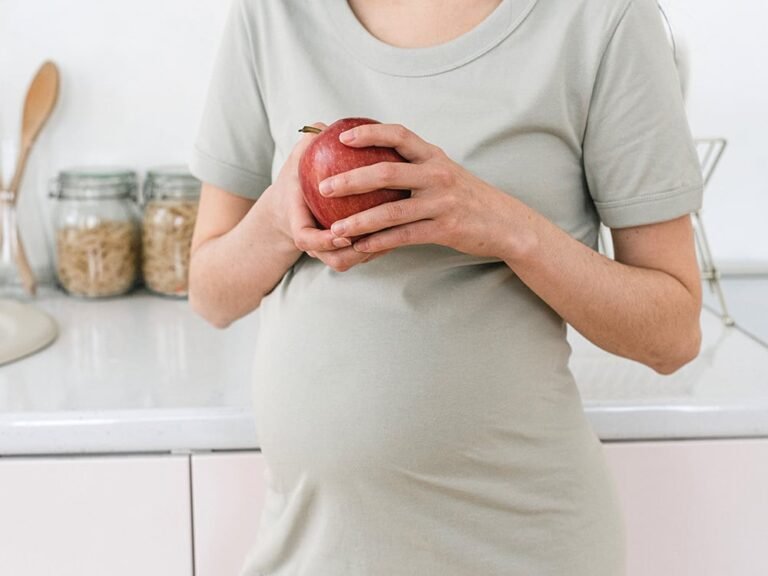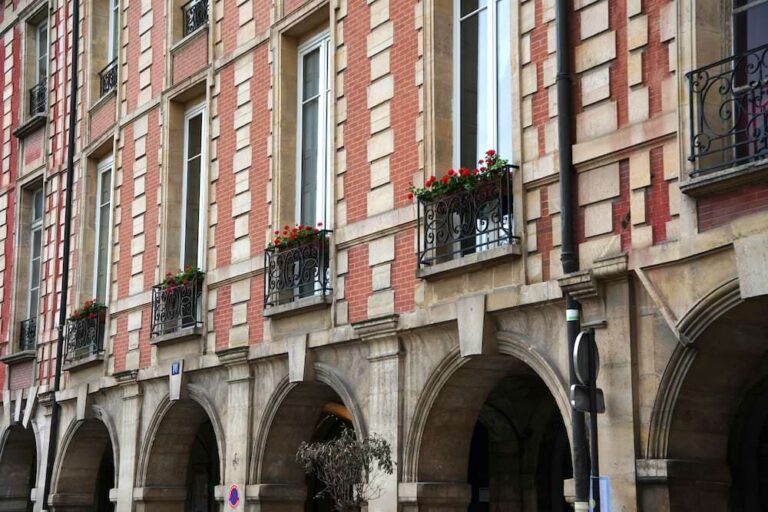faire une frite
The French expression “faire une frite” literally means “to make a fry” or “to make a French fry.” However it has nothing to do with cooking. Instead it means to use the backs of your fingers to whip someone’s bottom in a downwards direction. This action, often done by kids teasing each other, will leave temporary marks that resemble French fries on the recipient’s backside.






